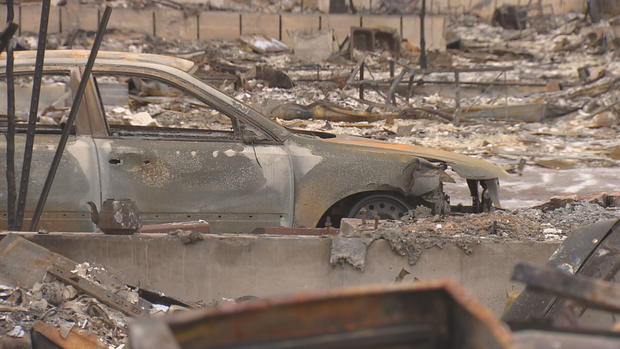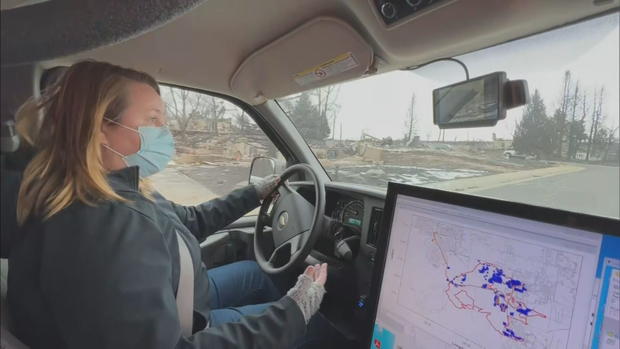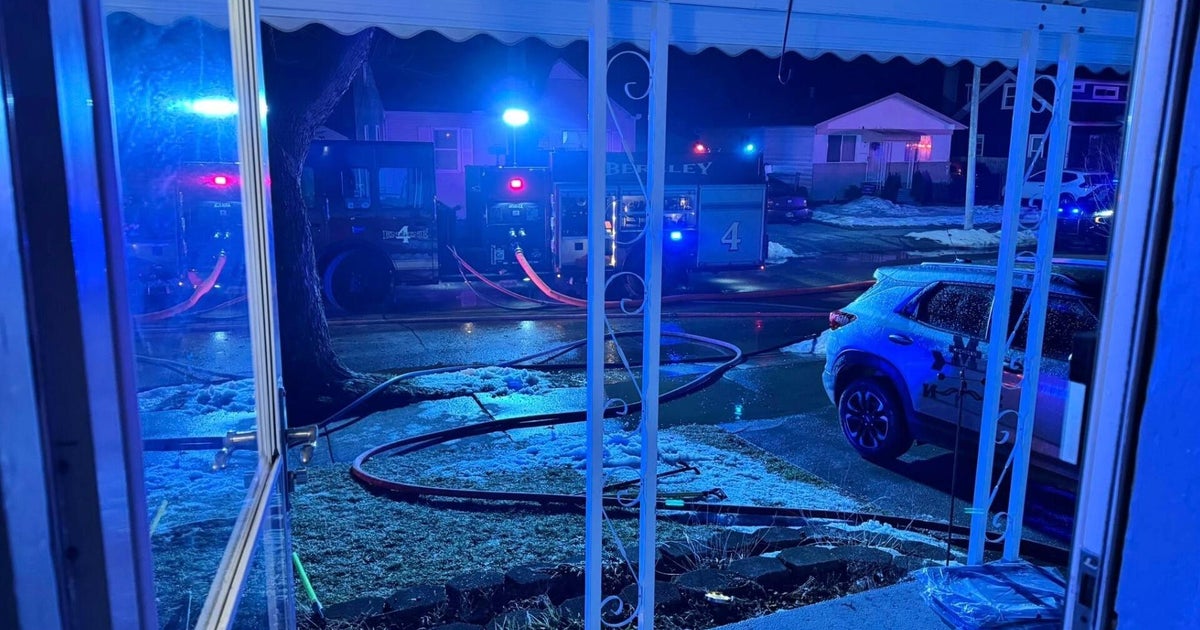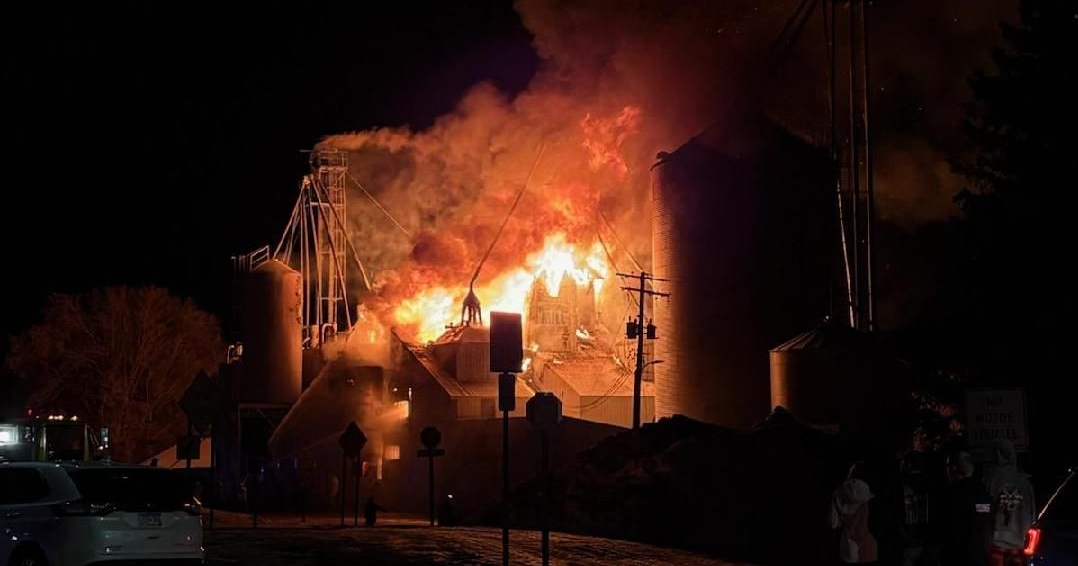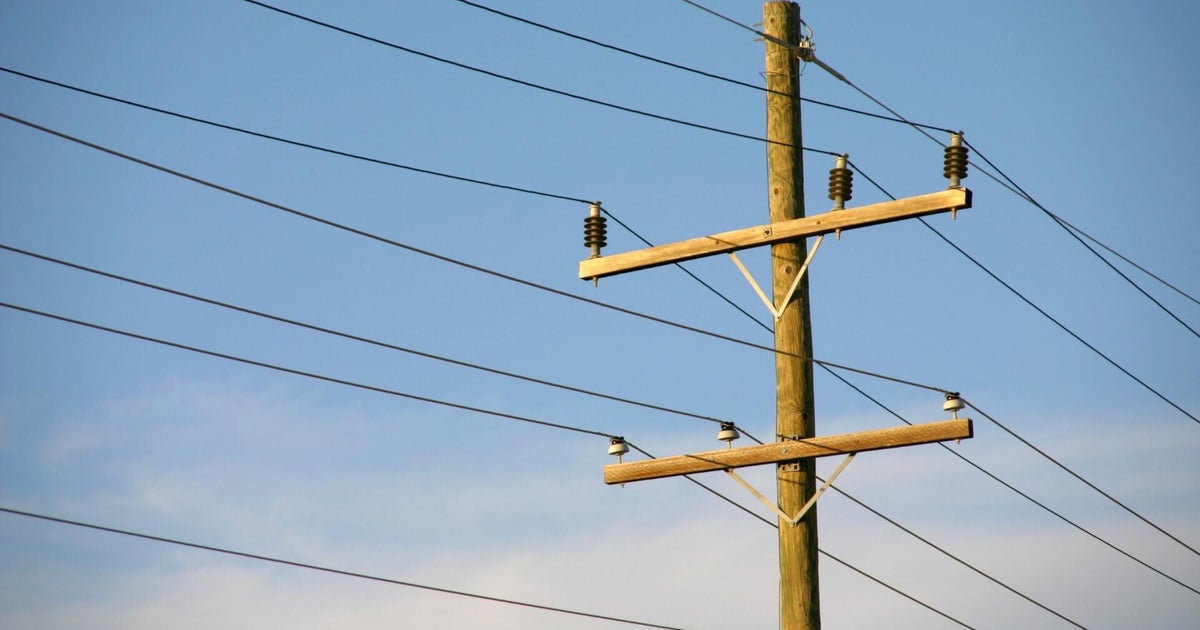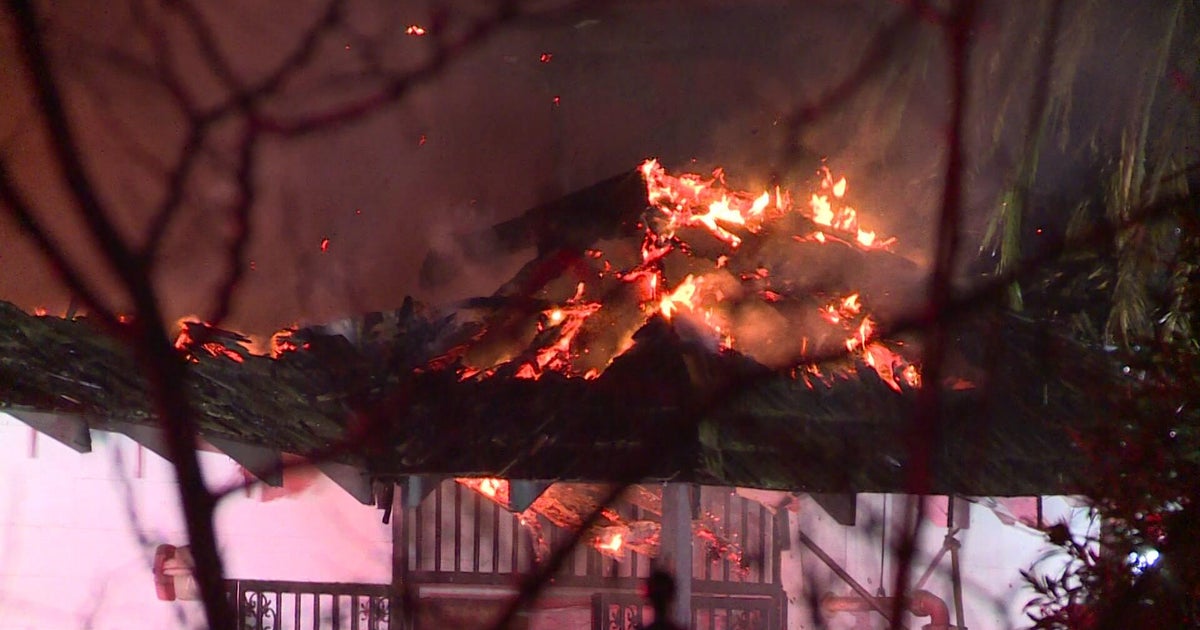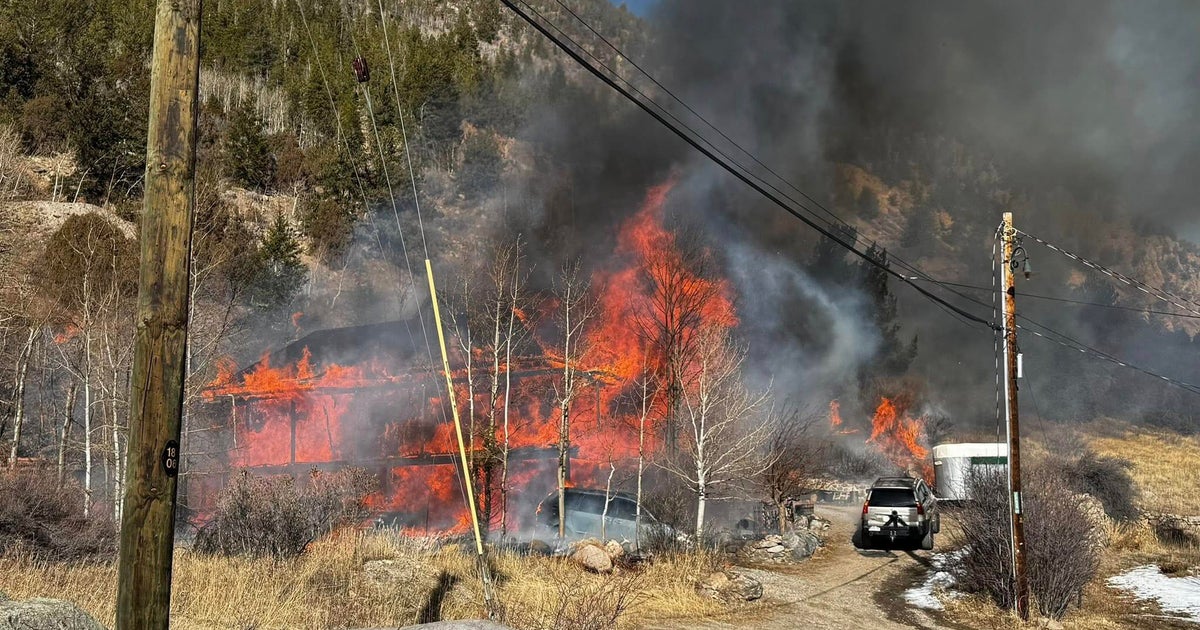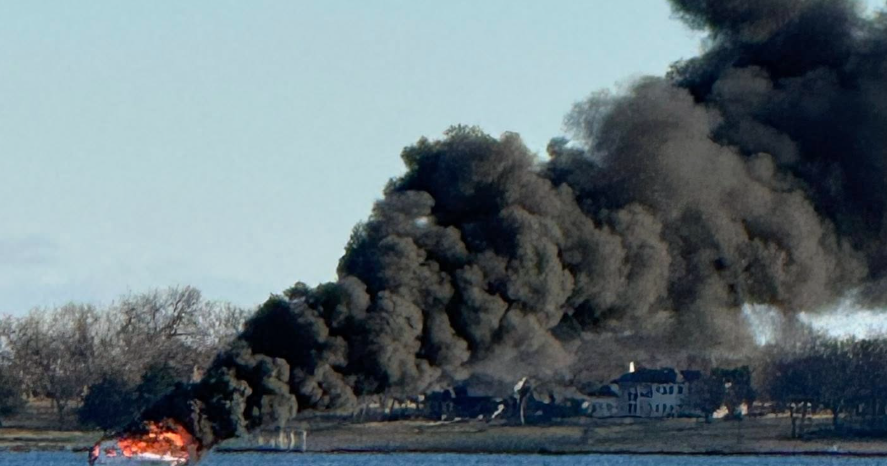Something In The Air: Marshall Fire's Other Threat
SUPERIOR, Colo. (CBS4)- "When I'm around a lot of the burn area, just the smell makes me feel like my lungs feel weird. And then I start to get sinus headaches," said Superior resident Andrea Lockhart.
She was at a food truck with others in Community Park at Colton and Indiana.
"You feel headaches, tired. Shortness of breath obviously," complained Matthew Lay.
It is an additional concern as people who have lived through the fire learn to live with it. Few fires in Colorado have ever moved into an urban area like the Marshall Fire. None have had as many people still living nearby as this fire.
"This is really exactly the problem with quote, unquote 'wildfires.' They're not always just wood," said Dr. Anthony Gerber, director of pulmonary research at National Jewish Health. "And this one in particular, much of what was incinerated was not natural material; it was houses, cars, metals plastics."
And that creates and leaves toxins.
"That's really what we're talking about. Those are the benzines, the aldehydes, the heavy metals. And what your asking is was there potential for some of those air toxics to be in this mix? And the answer unfortunately is definitely yes," he said.
RELATED: Resources For Marshall Fire Victims
Boulder County Public Health is warning people about the potential dangers that remain from poor air quality and toxins.
"As weather conditions get warmer, the soil in affected areas will dry out and when the winds pick up again, air quality will fluctuate," the department said in a statement.
The health department says it will release an alert when air quality changes. The department is working with other partners to collect data that will serve as good information on how to take measures to prevent harm. Air monitors are being set up in the burn area to track air quality.
Boulder County Health points out that "While some websites and weather apps may report air quality to be good or moderate, these sources may be getting their information from monitoring devices that are positioned too far away from the affected areas to provide an accurate reading."
The health department plans to review data from local hospitals about respiratory ailments to track effects.
Meantime, measurements are being taken by teams of NOAA and CU scientists. Jessica Gilman, a research chemist at the NOAA Chemical Sciences Laboratory in Boulder, has been part of the effort to use a van equipped with a mass spectrometer to measure air quality. The van has been driving in fire-affected neighborhoods.
"Which luckily are pretty low emissions," she said about early results. "So there's really not currently anything that we're seeing with this data that would lead anyone to be nervous about the air quality in their neighborhood."
But snow and wet ground is likely helping that. CU and other local scientists are setting up measuring devices indoors and to conduct soil sampling. For now, the health department recommends that people with respiratory illnesses wear an N95 mask in burn areas. For homeowners returning to homes that have been affected by smoke, they suggest, getting HVAC ducts professionally cleaned as soon as possible and replacing filters that appear soiled. They also suggest using the highest level of filtration recommended by the manufacturer and considering activated carbon pre-filters.
Certain toxins, notes Dr. Gerber, will cause inflammation.
"But in some people, it will go system-wide a little bit. And those inflammatory chemicals can change blood flow, if you're prone to migraines they can trigger migraines… It can also go directly through your sinuses. So the same idea you breathe these chemicals in, some of them lodge in your sinuses. There's actually a fairly easy traversing pathway from your sinus and nose up into your brain."
What experts will look for is evidence of the more serious toxins.
"I think that some of the heavy metals are, cadmium and things from batteries. Those are things that you really don't want to breathe in and get deep into your body," said Dr. Gerber.
It may be months before researchers can say for sure what is in the compounds left behind and the degree of risk. But Gerber notes, the human body is resilient, saying he does not expect higher cancer rates for people in the area in years to come, noting other factors like genetic predisposition play a large role. But for people living in the area, it may be a headache for a long time to come.
"To know that it's going to be like this for a while it's just kind of frustrating," said Lockhart.

